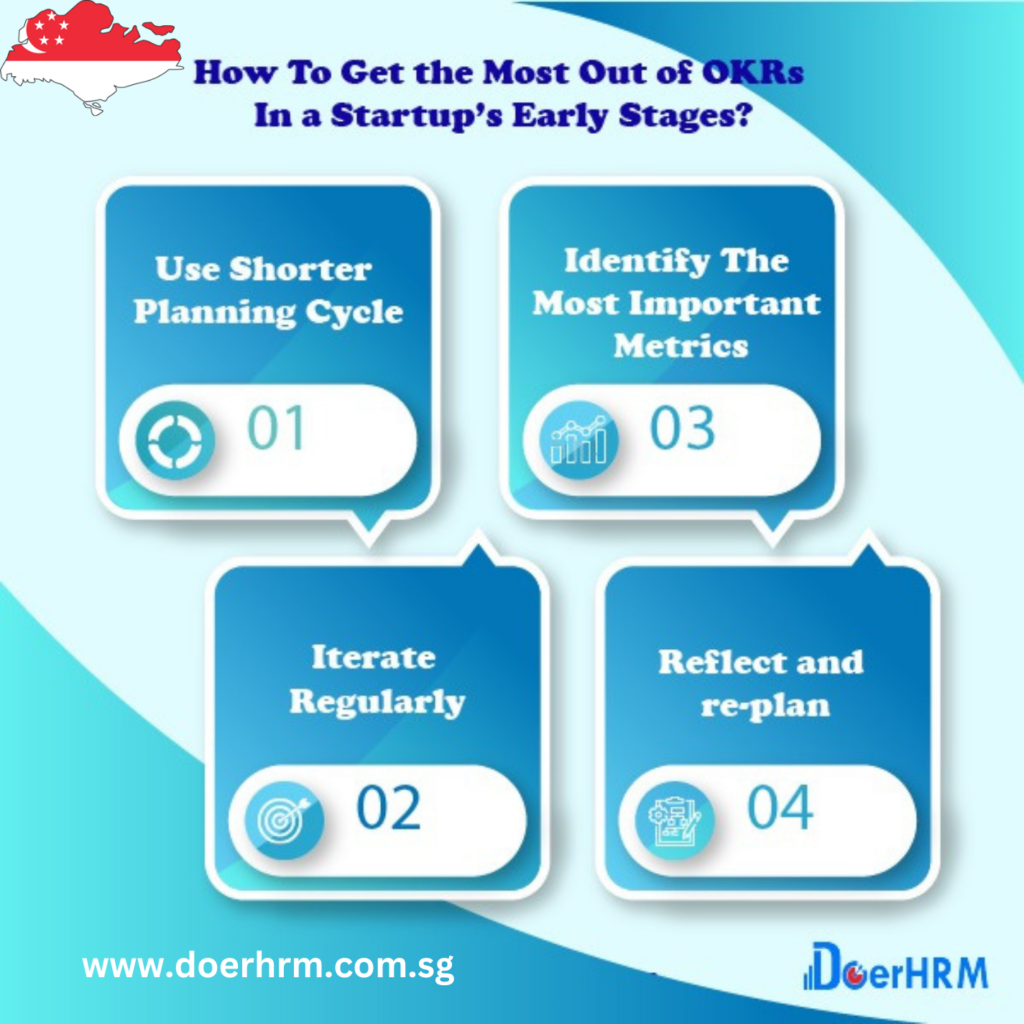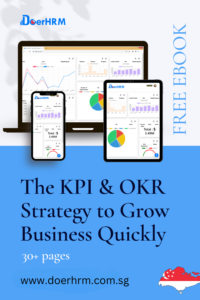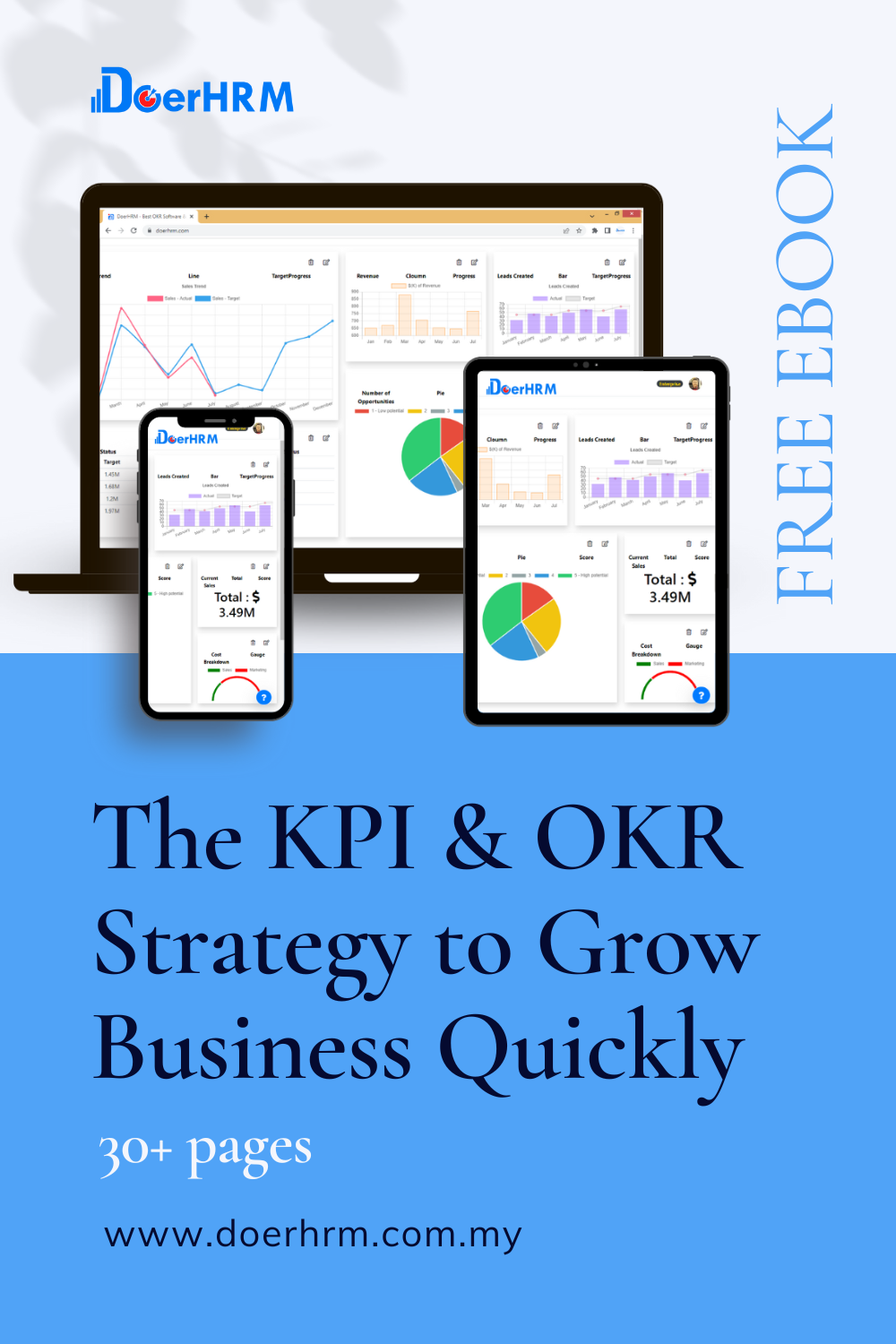If you’re contemplating effective management for a smaller-scale business, you may find that traditional corporate project management tools are excessive for your needs. However, using OKR for startup companies can make your agile processes more effective, by clarifying how to measure success.
Increasing productivity with OKR for startup companies is a relatively new idea.
Typically utilized in larger organizations, OKRs are advantageous for teams of all sizes, including startups. For startups, it is most effective to implement OKRs within shorter timeframes. The measurement of OKRs for startup companies can be conducted monthly or over longer periods to monitor project progress. For a focus on more immediate goals, you have the option to break down OKRs for startup companies into smaller objectives on a weekly or even daily basis.
Maximizing the benefits of OKRs in the early stages of a startup and overcoming key challenges can be achieved by following these guidelines.

1. Use shorter planning cycle
At Google and Intel, OKR planning occurs quarterly, with each target including three to four critical results on average. Startups, on the other hand, have fewer employees and constantly shifting assumptions. Consider shortening the timeline and decreasing the overall number of targets when you are planning the OKR for startup companies. You might use a 4-6 week planning cycle and restrict the important results per aim to 1-3.
2. Identify the most important metrics
The OKR framework is an effective goal-setting tool. But what good is it to create a product that doesn’t engage or keep customers? Limiting business OKR for startup companies ensures that everyone is focused on 1-3 critical indicators that are time-bound and quantifiable. As a result, the whole team is focused on the most crucial aspects of delivering business impact.
3. Iterate regularly
OKRs are typically stretch objectives. If you miss the OKR for startup companies by a significant margin, you should reassess and iterate towards the conclusion of the cycle. To keep your team focused, present the status of key results in your weekly review meetings. You’ll be able to understand where you went wrong and how you may improve your goal-setting for the following cycle.
4. Reflect and re-plan
At the end of each cycle, evaluate the prior OKR for startup companies and write a retrospective to record your learnings. Then you may decide what’s most essential. Execution is known to reduce anxiety, but detailed planning and strategizing are known to increase anxiety. So, whether you replan for two days or five days every four to six weeks, you’ll almost certainly gain the productivity benefits of figuring out what not to focus on.
Conclusion
When you have smaller teams working on OKR for startup companies, it’s a lot easier to check in with everyone. If a manager would like to set up special OKRs with individual employees in the startup company that is also an option. Don’t forget that OKR for startup companies should directly benefit the customer or the team member. It’s useful if you have your customer or team in mind when coming up with objectives. When you format your OKR for startup companies this way, it allows autonomy for everyone involved. Rather than assigning specific tasks, employees can carry out whatever task is more efficient for them, in order to fulfil your objectives. This will help to focus your OKR for startup companies so you can reach your goals. At the end of each cycle of OKR for startup companies, take time to review and plan the next ones. Initiating the implementation of OKRs for startup companies is beneficial from the outset, so commence planning with your team today!
Should you encounter challenges in utilizing OKRs for startup companies, this guide aims to assist you in enhancing your implementation and leveraging them to concentrate on the most crucial entities: your customers and your team. After all, the existence of the company is indebted to these individuals.







